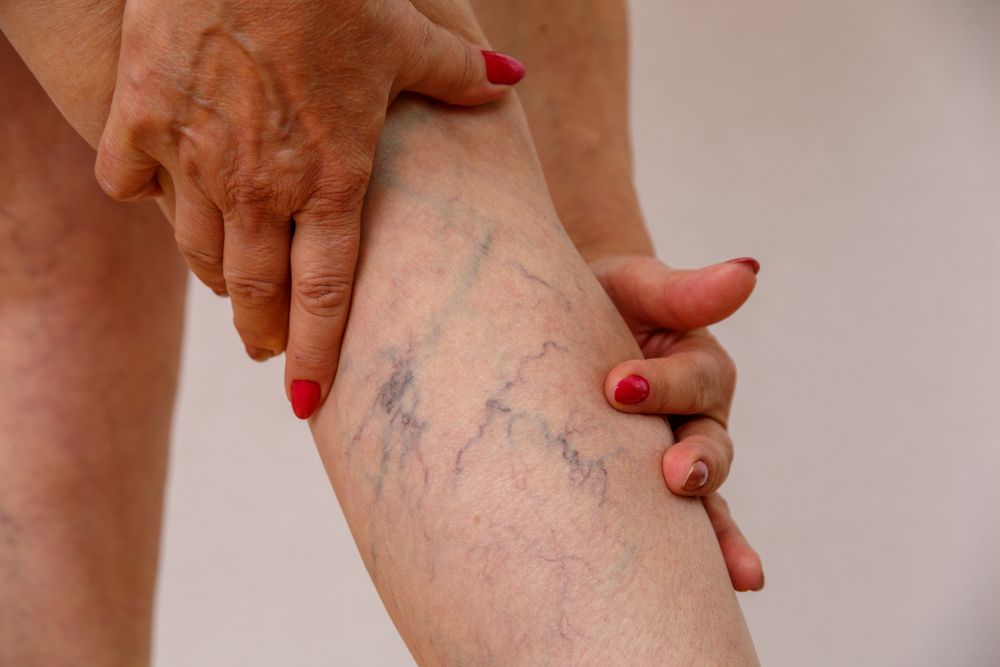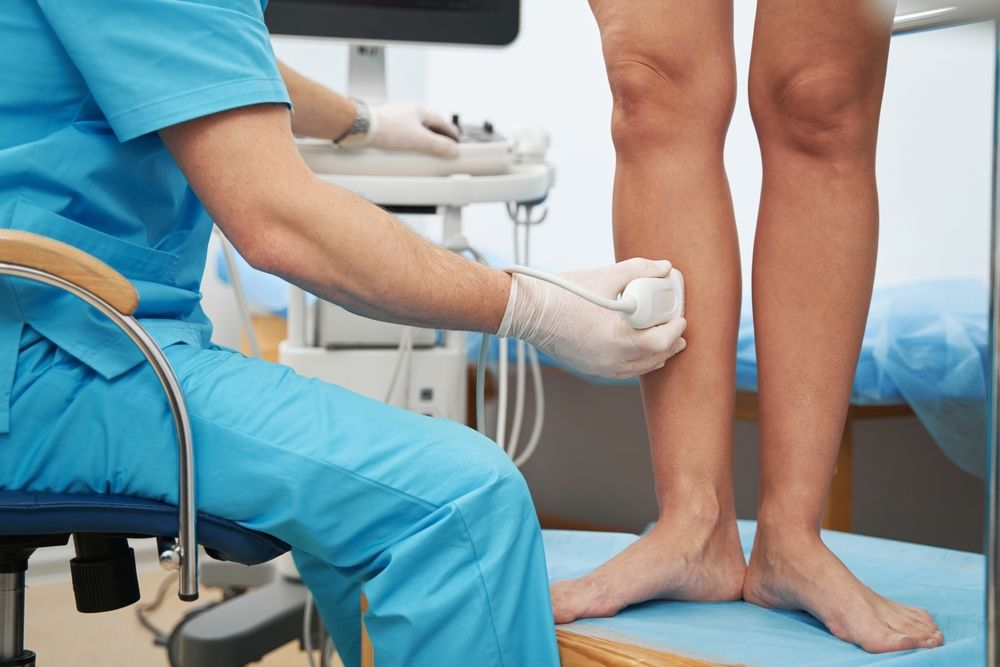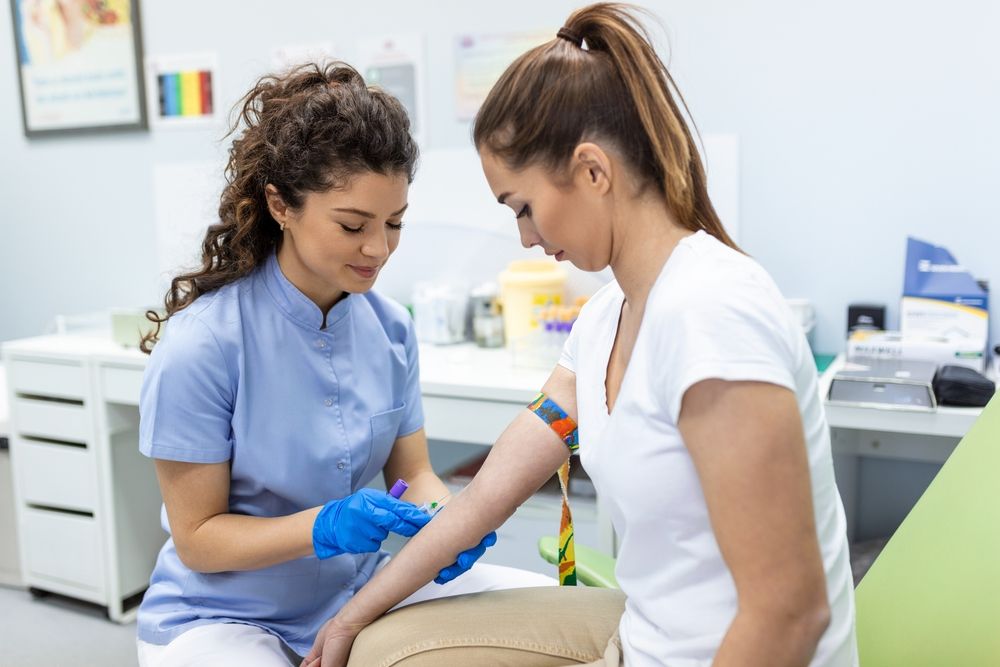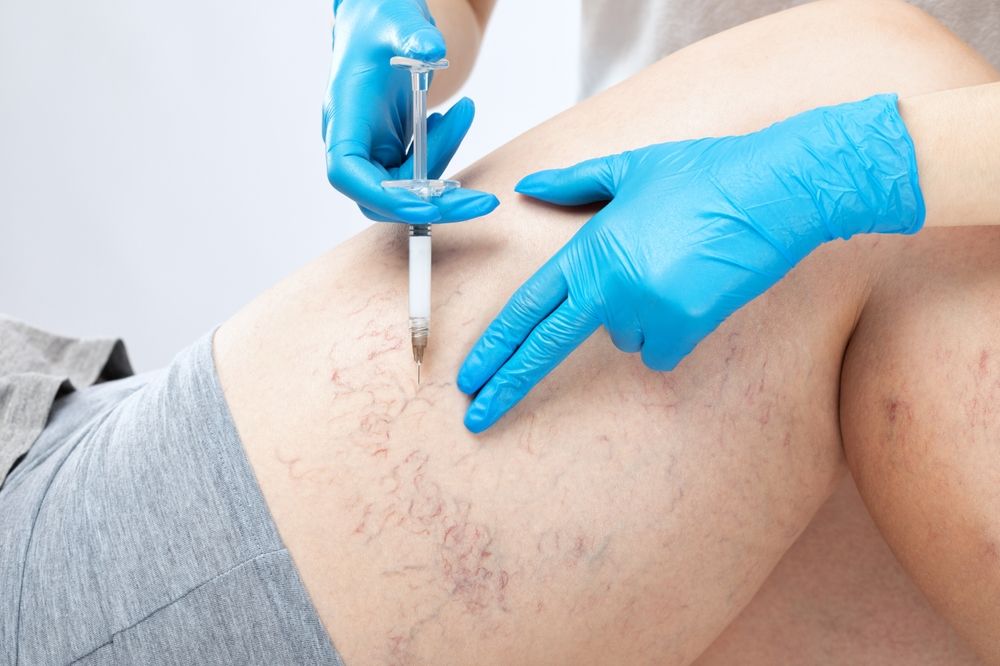
"Learn the facts about varicose veins, the associated swelling and blood flow problems, and explore natural remedies to repair and soothe these troublesome veins."
Varicose veins those troublesome, bulging blue or purple lines that often appear on our legs can be more than just a cosmetic concern. They frequently bring along symptoms like swelling, discomfort, and even blood flow problems. But don't worry! There's plenty you can do to manage and prevent these vein issues.
In this article, we'll explore the world of varicose veins, uncover the reasons behind their development, and share practical tips on how to maintain healthy veins. Whether you're already experiencing these problems or simply looking to prevent them, we've got all the information you need!
What Are Varicose Veins?
Varicose veins develop when the valves in your veins malfunction, leading to blood pooling and causing the veins to swell. This results in the twisted, enlarged veins that are often visible on the legs. But what causes this to happen? Several factors can contribute:
- Genetics: If your parents had varicose veins, you’re more likely to develop them.
- Age: As you get older, your veins lose elasticity, making them more susceptible to varicosities.
- Pregnancy: The increased blood volume and pressure from the growing baby can raise the risk.
- Lifestyle: Prolonged standing or sitting, lack of exercise, and obesity can all contribute to the development of varicose veins.

The Issues With Varicose Veins
Although varicose veins are often harmless, they can lead to discomfort and various symptoms, such as:
- Aching or Heavy Legs: This sensation tends to worsen after prolonged standing.
- Swelling: Especially in the lower legs and ankles.
- Itching or Burning: Often around the affected veins.
- Skin Changes: Including dryness, thinning, or even ulcers in more severe cases.
Blood Flow and Swelling: What’s the Connection?
You might wonder why blood flow and swelling are such a big deal with varicose veins. When veins become varicose, they struggle to efficiently return blood to the heart. This inefficiency can cause blood to pool, leading to swelling and a heavy, uncomfortable sensation. Not only is this discomforting, but it can also indicate a need for action to prevent further complications, such as skin changes or ulcers.
Collagen and Vein Health: The Unsung Hero
Did you know that collagen plays a vital role in keeping your veins strong and elastic? Collagen is a protein that helps maintain the structure of our skin and blood vessels. As we age, our collagen production decreases, which can contribute to the formation of varicose veins.
But don’t worry, you can boost your collagen levels through diet and supplements. Foods rich in vitamin C, like oranges and strawberries, support collagen production, while bone broth and collagen supplements can provide a direct boost.

Natural Remedies and Lifestyle Changes
Now, let's dive into some solutions! While medical intervention may be necessary in some cases, many people find relief through natural remedies and lifestyle changes. Here are a few tips:
- Exercise Regularly: Activities like walking, swimming, or cycling can improve blood circulation and strengthen leg muscles.
- Elevate Your Legs: Give your legs a break by elevating them above heart level for 15-20 minutes a few times a day.
- Compression Stockings: These special stockings apply gentle pressure to your legs, helping to reduce swelling and improve blood flow.
- Healthy Diet: Eating a balanced diet rich in fiber, vitamin C, and bioflavonoids supports vein health. Limiting salt intake can also help reduce swelling.
- Stay Hydrated: Proper hydration helps maintain healthy blood flow and decreases the risk of swelling.
FAQs
Can varicose veins lead to serious health problems?
In most cases, varicose veins are harmless and mainly a cosmetic concern. However, severe varicose veins can lead to complications like blood clots, ulcers, or bleeding. If you experience significant pain, swelling, or skin changes, it's important to consult a healthcare professional.
Are varicose veins preventable?
While you can't control factors like genetics or age, you can reduce your risk of developing varicose veins by maintaining a healthy weight, staying active, and avoiding prolonged periods of standing or sitting.
How does collagen help with varicose veins?
Collagen keeps veins strong and elastic, reducing the likelihood of them becoming varicose. Boosting collagen through diet or supplements can support overall vein health and potentially reduce symptoms.
The Bottom Line
Varicose veins might be a common issue, but they are definitely manageable. By understanding the causes and symptoms, and making a few lifestyle changes, you can take charge of your vein health. Remember, it’s not just about aesthetics—keeping your veins in good shape can drastically improve your overall quality of life.
So, lace up those walking shoes, load up on collagen-rich foods, and give your legs the care they deserve. And if those veins have already made an appearance, don’t worry—there’s always something you can do to feel more comfortable and confident.
If you’re looking for a simple solution to manage those pesky varicose veins once and for all, you’re on the right path.


